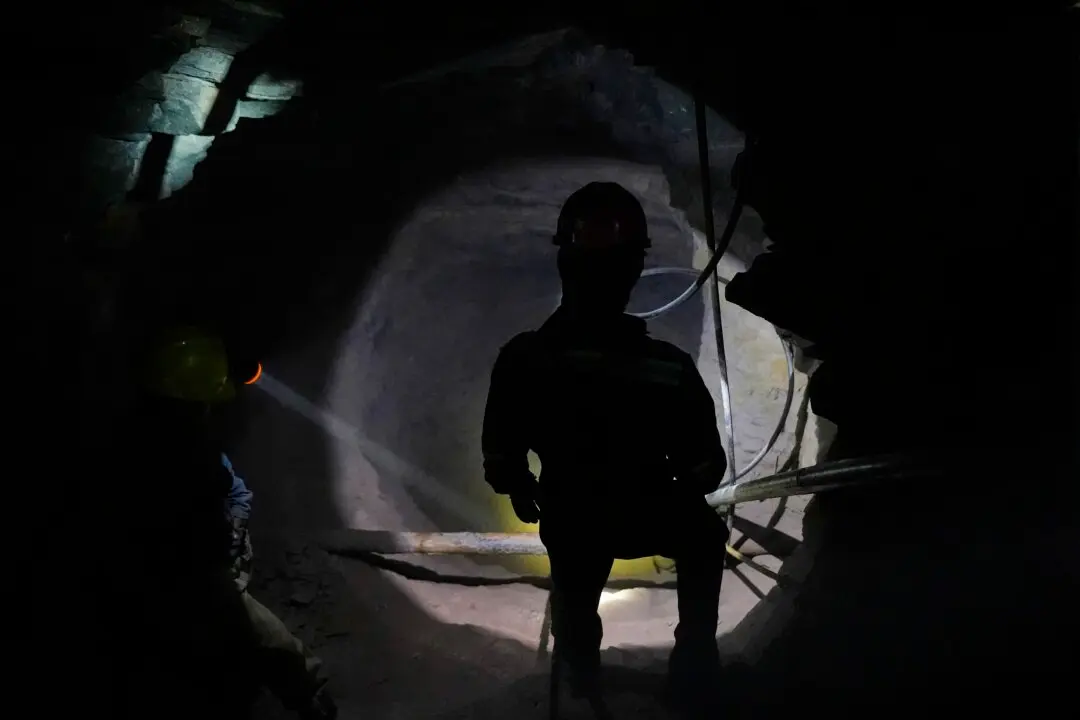Canada’s “anti-scab” legislation could lead to more strikes and lockouts in rail, air, and marine shipping, as well as other sectors, employers’ groups say.
Bill C-58 unanimously passed its third and final reading in the House of Commons on May 27, as Ottawa looks to ban federal employers from using replacement workers during strikes. MPs voted 316–0 in favour of the bill, sending the legislation on to the Senate where it has already achieved its second reading and is now up for consideration in committee.





